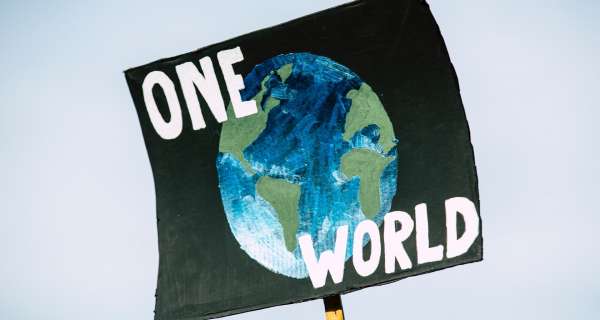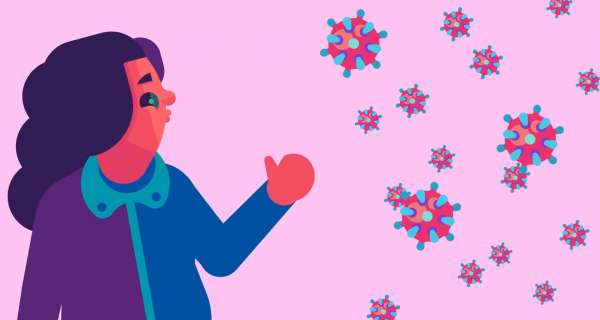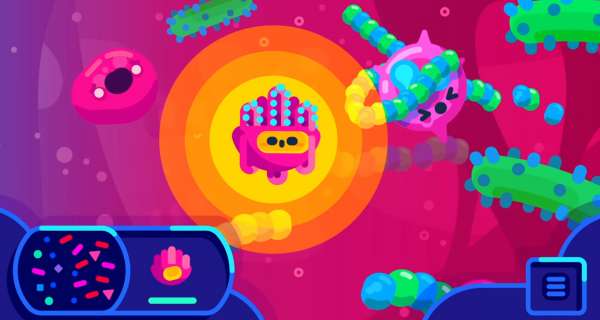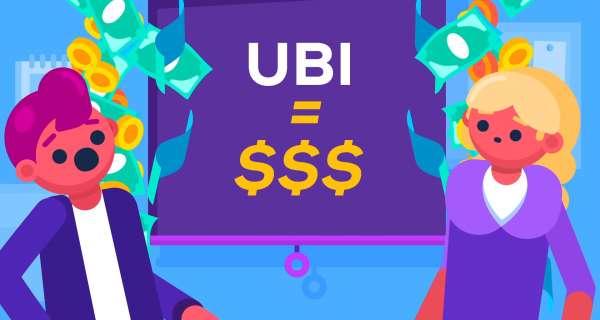Latest Videos RSS
Climate Change definition: a change in global or regional climate patterns, in particular a change apparent from the mid to late 20th century onwards and attributed largely to the increased levels of atmospheric carbon dioxide produced by the use of fossil fuels.
The question is. Is It Too Late To Stop Climate Change? In this video, we present the reasons for this big problem and some solutions to solve them.
The Clean Seas campaign works with governments, businesses, and citizens to eliminate the needless use of disposable plastics in order to protect our rivers, seas, and the ecosystems which sustain life on earth and our very well-being. The campaign, which is technically rooted in the long-standing work of UNEP and the Global Partnership on Marine Litter, focuses on increasing ambition for policies that will reduce pollution and build circular economies, encouraging innovation in supply chain and waste management, and on inspiring individual behavior change to send important signals to business and government that this is a priority that we all care about.
Our soils support 95 percent of all food production, and by 2060, our soils will be asked to give us as much food as we have consumed in the last 500 years.
They filter our water. They are one of our most cost-effective reservoirs for sequestering carbon. They are our foundation for biodiversity. And they are vibrantly alive, teeming with 10,000 pounds of biological life in every acre.
Yet in the last 150 years, we’ve lost half of the basic building block that makes soil productive. The societal and environmental costs of soil loss and degradation in the United States alone are now estimated to be as high as $85 billion every single year. Like any relationship, our living soil needs our tenderness. It’s time we changed everything we thought we knew about soil. Let’s make this the century of living soil.
This documentary was directed by Chelsea Myers of Tiny Attic Productions and produced by the Soil Health Institute through the generous support of The Samuel Roberts Noble Foundation.
There is a high level of poverty in the world, the question is how it can be based.
A new Universal Basic Income strategy philosophically promises to be the solution to the world's poverty problems. It is about empowering low-income people with a basic income to ease the economic burden so that beneficiaries can focus on their own financial and economic development.
Here's an example of a successful model. This strategy is used in the US for the development of agriculture through Food Stamps. The funds, instead of going directly to farmers, go to the beneficiaries so that they are the ones who distribute them through their needs. This goes beyond providing funds to beneficiaries.
Let's take a closer look at this. A beneficiary goes shopping when they see their shopping cart we find different products we strategically put a value of $100.00 without tax.
Let's separate the items: milk, meat, bread, eggs, corn-based cereal, lettuce, broccoli, tomato, apples and pebble, coffee, chocolate powder. To make it easy to understand the weight of each item equals the amount of the item to be produced. The price is the cost of the distribution chain of that item until it reaches the farmer. That's basically how federal funds are distributed in the US. Apply this to millions of beneficiaries and hundreds of thousands of items. Creating a demand and supply market.
Now imagine this example but in rent payment that you see impact hardware stores, plumbers, electricians, handyman, maintenance, etc. The economic impact on payment profits, transportation, etc.
The most important thing for UBI's success is the appropriate use of these funds from the beneficiary.
Below is a video on the topic to expand the concept.
A vaccine is a biological preparation that provides active acquired immunity to a particular infectious disease. The terms vaccine and vaccination are derived from Variolae vaccinae known as cow pox. A term devised by Edward Jenner, who by 1798 used it as a title for his research for the development of the concept of vaccines and the creation of the first vaccine to file smallpox.
In 1881, Louis Pasteur proposed that the terms vaccine and vaccination be extended to cover the new protective inoculations that were being developed in Jenner's honor.
In the next video we present how vaccine works in the human body.
Altruism is the tendency to help others selflessly. The word, as such, comes from the French altruisme, a voice derived from autrui, meaning 'another person' or 'the others'. It originally refers to Latin alter, which translates 'other'.
The term altruism was created in the 19th century by the French philosopher Augustus Comte to define a type of behavior opposed to selfishness.
People who act with altruism do so selflessly, without pursuing personal benefit, but with the aim of seeking the good of others.
An altruistic person, in this sense, is one who thinks of others before himself. It's someone who helps or supports those who need help without expecting anything in return.
Altruism is a very important value in society because it is based on solidarity and empathy with the other.
In the fight against the pandemic, we find ourselves in the fortunate position that what is good for us is also good for everyone else. By protecting yourself, you are slowing the spread of the pandemic.
You and everyone else have the same two clear personal goals during this pandemic: not to get infected and not to infect others.
In order not to become infected, you must do everything you can to prevent the virus from entering your body through your mouth, nose, or eyes. In order not to infect other people, your goal is to prevent the virus from spreading from your body to someone else's mouth, nose, or eyes.
What can you do? How can all of us, you and me, do our part to flatten the curve? The three main measures are called the three Ws: wash your hands, put on a mask, watch your distance.









